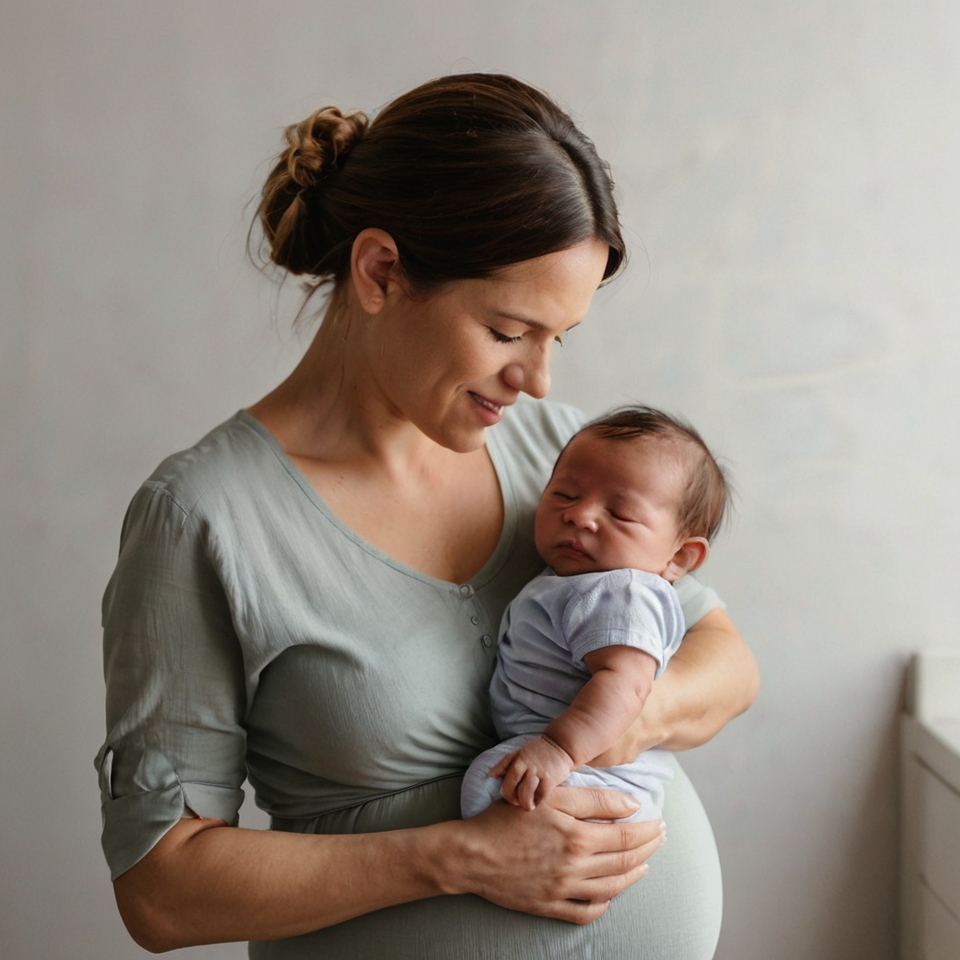
Maternity leave is often painted with a single brushstroke: a short break from work where new moms rest, recover, and bond with their babies before “returning to normal.” But the truth is much more complex—and the way society talks about maternity leave is often outdated, oversimplified, or even harmful.
It’s time to shift the narrative. Here are five common misconceptions we all need to unlearn about maternity leave.
1. Maternity Leave Is Just a Vacation
One of the most damaging myths is that maternity leave is “time off.” In reality, it’s one of the most demanding phases of life. New moms are recovering from pregnancy and childbirth—whether it was a vaginal delivery or a C-section—while also adjusting to sleepless nights, round-the-clock feeding, and the emotional rollercoaster of postpartum recovery.
Far from lounging, maternity leave is a full-time, physically and mentally taxing job. Recognizing this helps validate the real challenges new parents face.
2. It Only Benefits Moms
While maternity leave is often framed as something that supports mothers, the benefits ripple out much further. Babies who spend more time with their mothers in the early weeks and months are more likely to thrive developmentally and emotionally. Families, too, benefit when a parent can focus on caregiving without the stress of immediate work obligations.
And when parental leave policies are inclusive—covering partners, adoptive parents, and caregivers—it fosters stronger family bonds overall.
3. Short Leave Is “Good Enough”
In many places, parents are expected to return to work just weeks after giving birth. But research shows that short maternity leaves often don’t allow sufficient time for healing, bonding, or establishing healthy routines. Longer, paid leave is linked to better maternal mental health, reduced postpartum depression, and stronger parent-child connections.
We need to unlearn the idea that minimal leave is “adequate.” Instead, advocating for longer, paid, and protected maternity leave should be a shared societal priority.
4. Moms Bounce Back Immediately After Leave
The pressure to “snap back” after maternity leave—whether in terms of body, career, or lifestyle—is deeply ingrained. But the reality is that recovery and adjustment continue long after those first few weeks or months.
Returning to work while managing ongoing sleep deprivation, feeding schedules, and childcare logistics is not a simple flip of a switch. Recognizing that postpartum recovery is a long-term process helps reduce stigma and sets healthier expectations for working parents.
5. Maternity Leave Is Only About the Baby
Of course, maternity leave is about caring for a newborn—but it’s also about caring for the mother. Physical healing, mental health recovery, and adjusting to an entirely new identity are central parts of this period. Too often, the conversation focuses solely on the baby’s needs while ignoring the very real needs of the person who gave birth.
When we acknowledge maternity leave as a time for both maternal and infant well-being, we validate the importance of supporting mothers holistically.

The Bigger Picture
Unlearning these myths isn’t just about shifting attitudes; it’s about pushing for change. Real support for maternity leave means:
- Paid time off that doesn’t put families in financial jeopardy.
- Flexible work policies that ease the transition back.
- Inclusive leave that covers all parents, not just birth mothers.
By challenging outdated assumptions, we can create a culture that values caregiving as much as productivity—and one that honors maternity leave for what it truly is: a vital investment in families, health, and future generations.